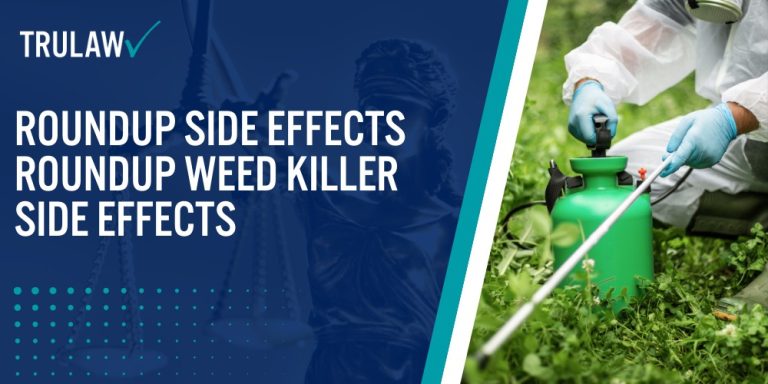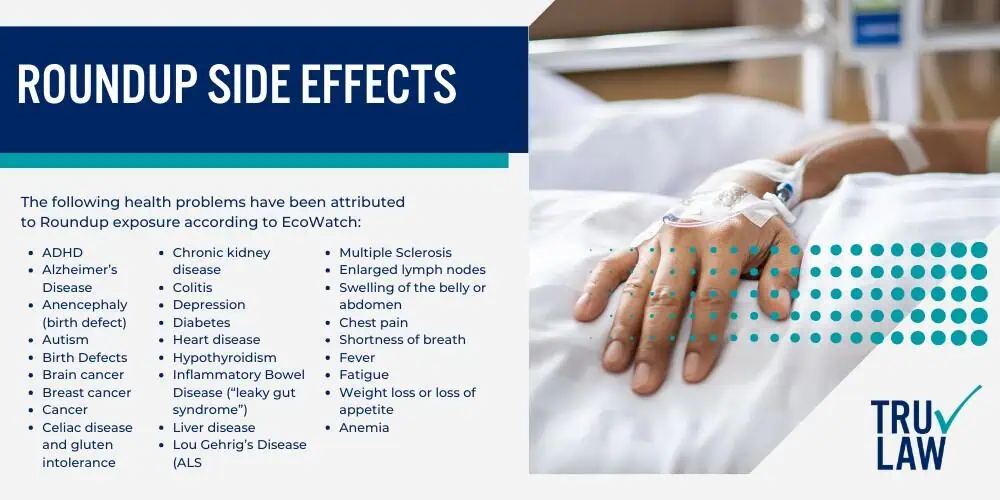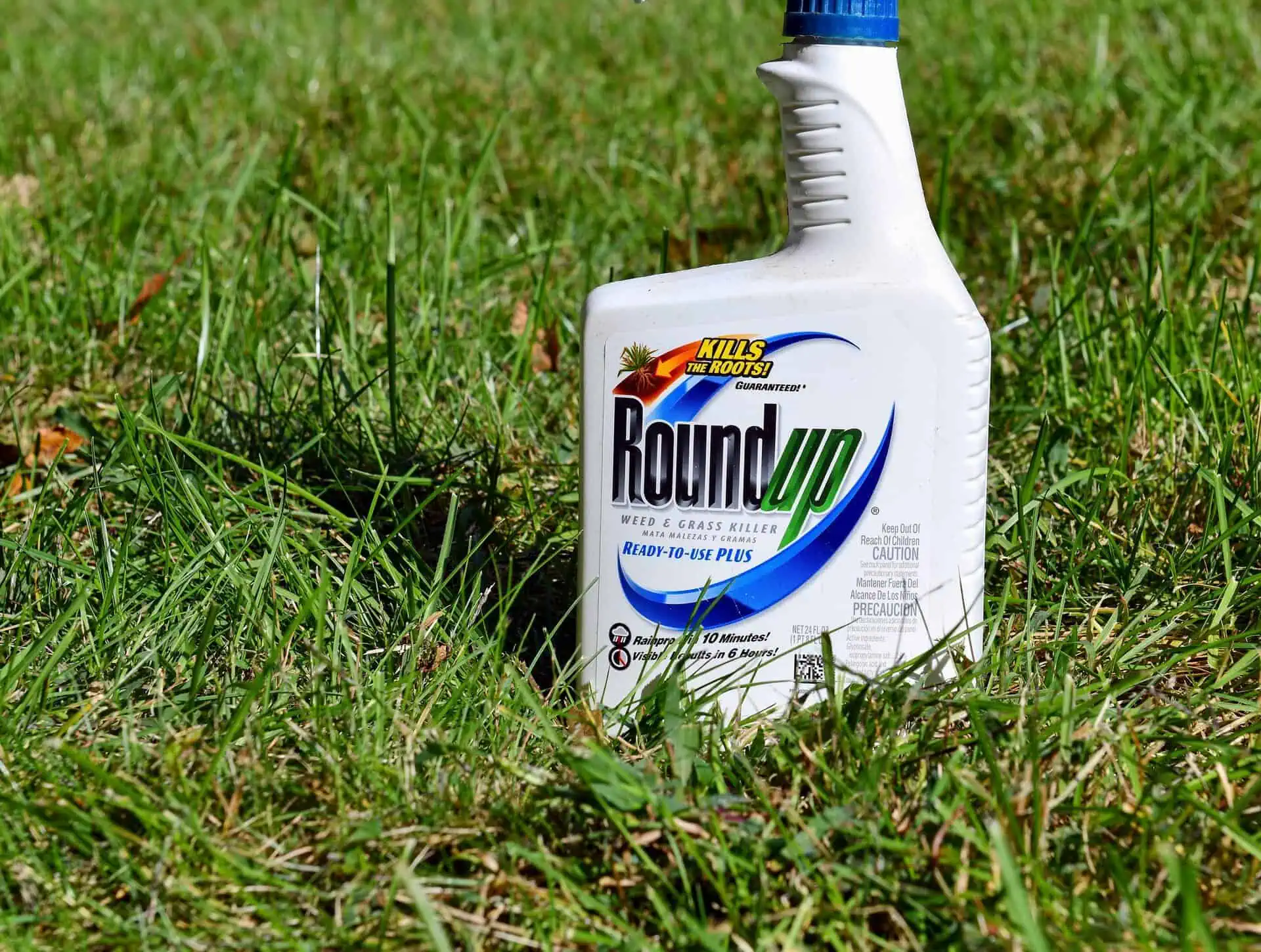Glyphosate is not included in the U.S. government’s testing of food for pesticide residues or the monitoring of chemicals in human blood and tissues, so there is no information available regarding how much people are actually exposed to it from yard use, living near farms, or eating foods from treated fields.
A recent USGS study sampled the waterways in 38 states and found glyphosate in the majority of rivers, streams, ditches, and wastewater treatment plant outfalls tested.

Roundup is the most used herbicide in the world and Monsanto continues to insist that it is safe and does not cause cancer.
The company has spent the last two decades genetically re-engineering corn, soybeans, and cotton so it is easier to spray the crops with the weed killer.
According to a New York Times report, approximately 220 million pounds of glyphosate were used in 2015 in the U.S. alone.
However, multiple scientific studies in the United States and worldwide have linked exposure to glyphosate to cancer:
- A 1999 study published in the journal Cancer found an increased risk for non-Hodgkin lymphoma (NHL) among subjects exposed to herbicides such as Roundup.
- The Environmental Protection Agency (EPA) has previously found that glyphosate does not pose a cancer risk to humans, but is currently in the process of evaluating it as standard procedure for chemicals every 15 years. The review is expected to be completed soon, and will take the IARC report into consideration, experts say.
- According to a June 2016 review conducted by independent scientists, glyphosate acts as a glycine equivalent that incorporates into peptides during protein synthesis and during this process, alters a number of proteins that depend on conserved glycine for proper function. The researchers linked glyphosate substitution for glycine with several diseases, including diabetes, obesity, asthma, Alzheimer’s disease, amyotrophic lateral sclerosis (ALS), and Parkinson’s disease, among others.
In March 2017, a federal court unsealed documents raising questions about the safety of Roundup and the research practices of Monsanto.
The documents included Monsanto’s internal emails and email traffic between the company and federal regulators that suggested that Monsanto had ghostwritten research that was later attributed to academics, and indicated that a senior official at the EPA had worked to cancel a review of glyphosate that was to have been conducted by the U.S. Department of Health and Human Services.
The documents also indicated that there was disagreement within the EPA over the actual safety of Roundup.




